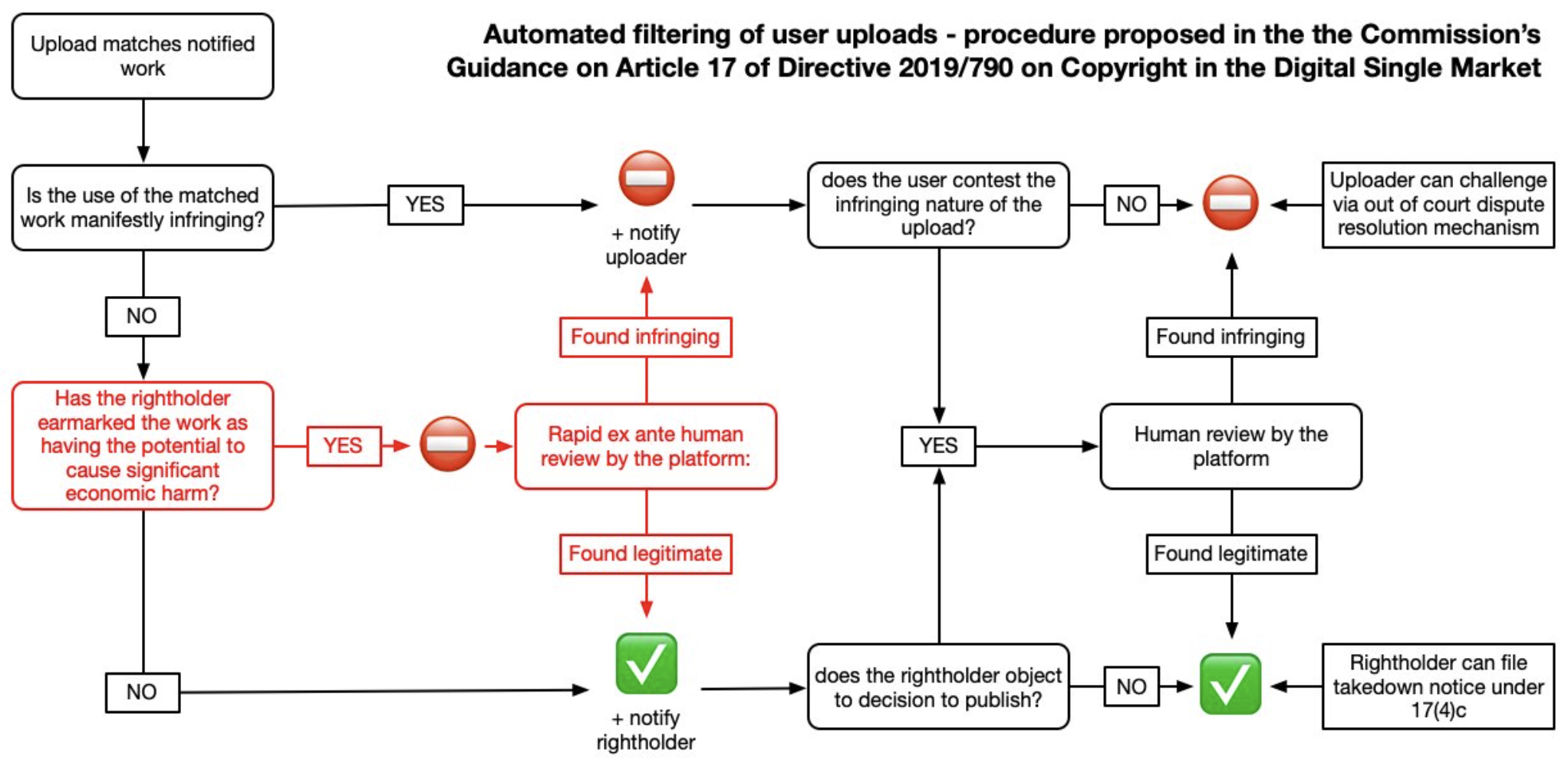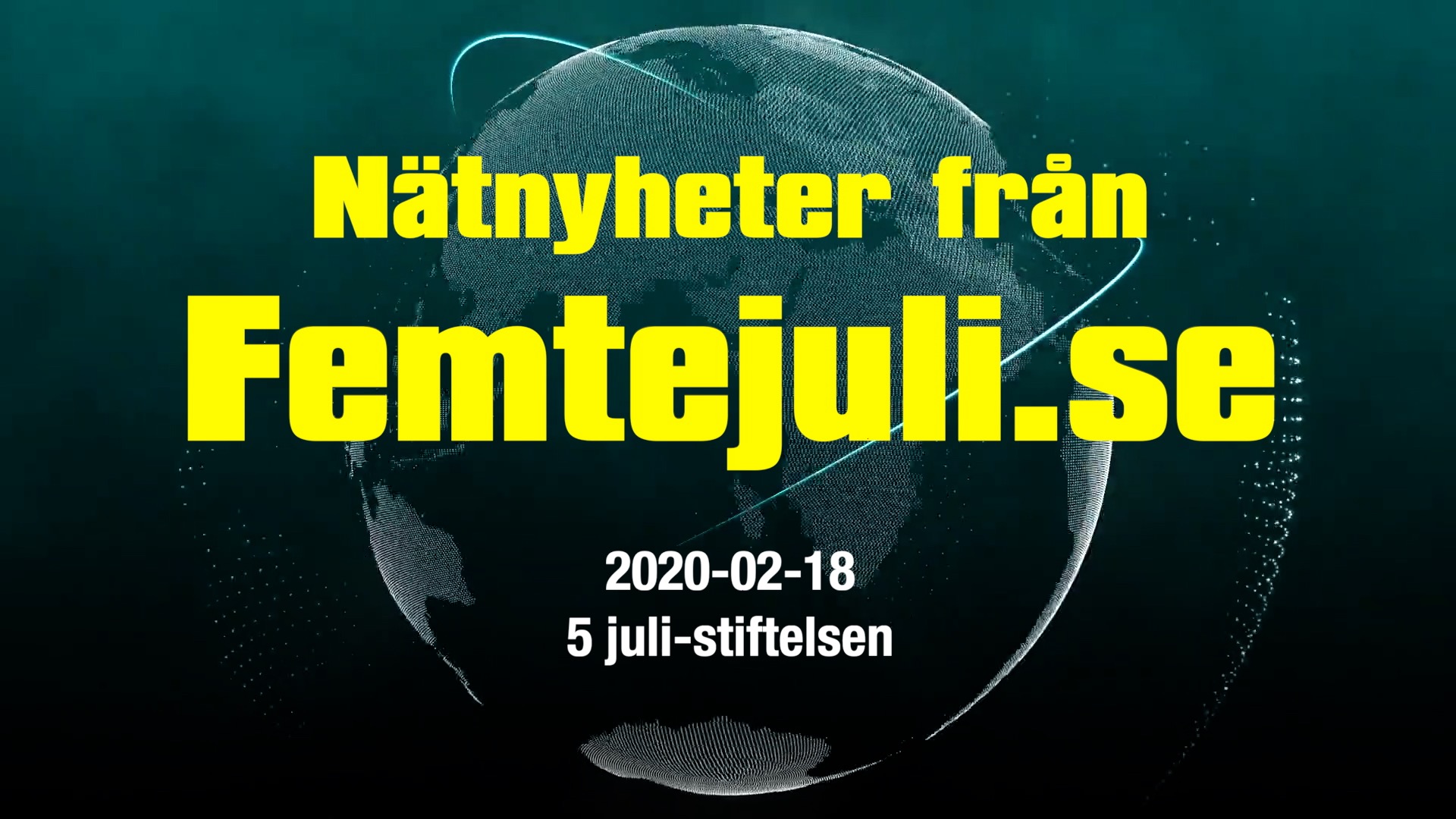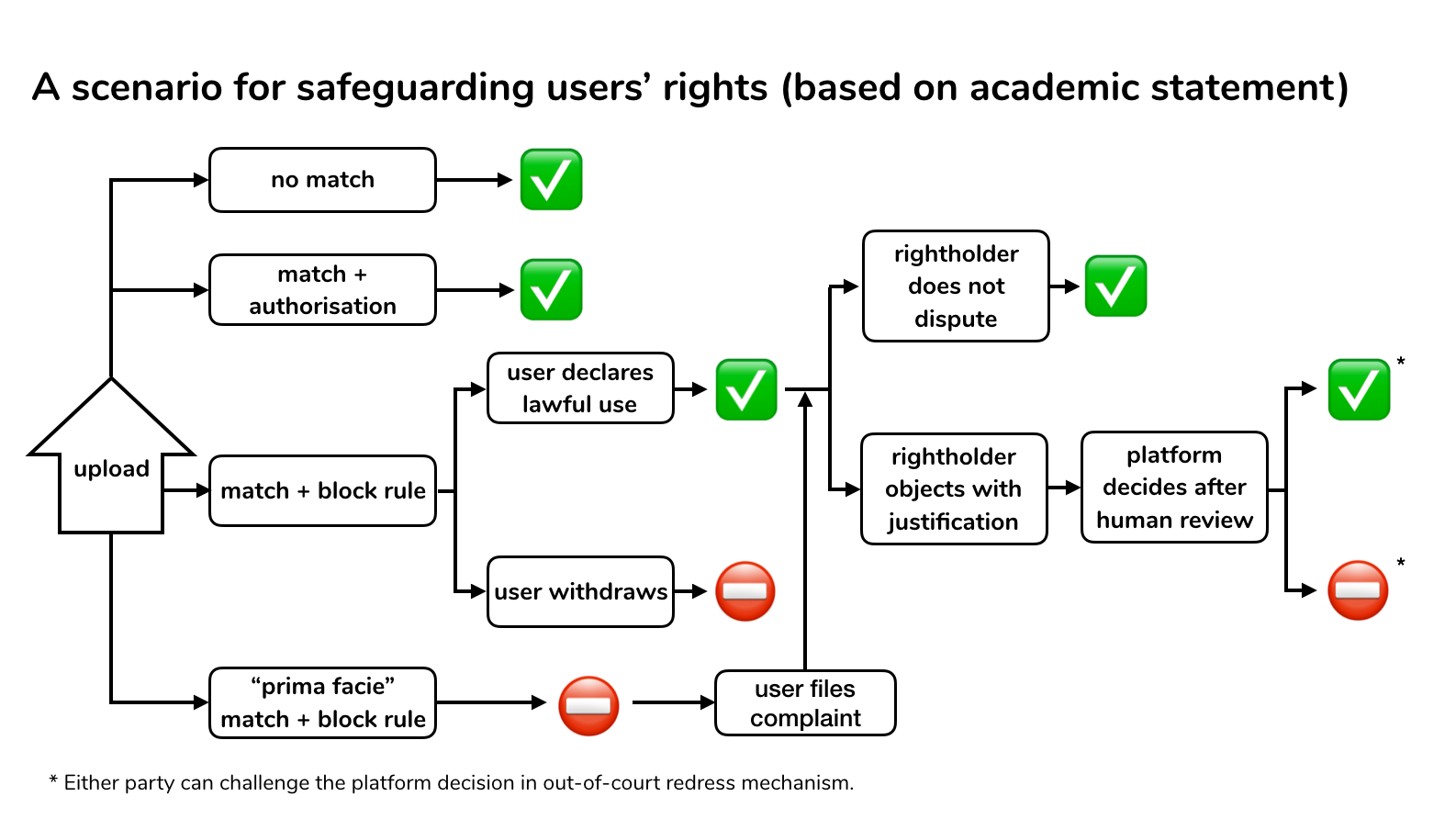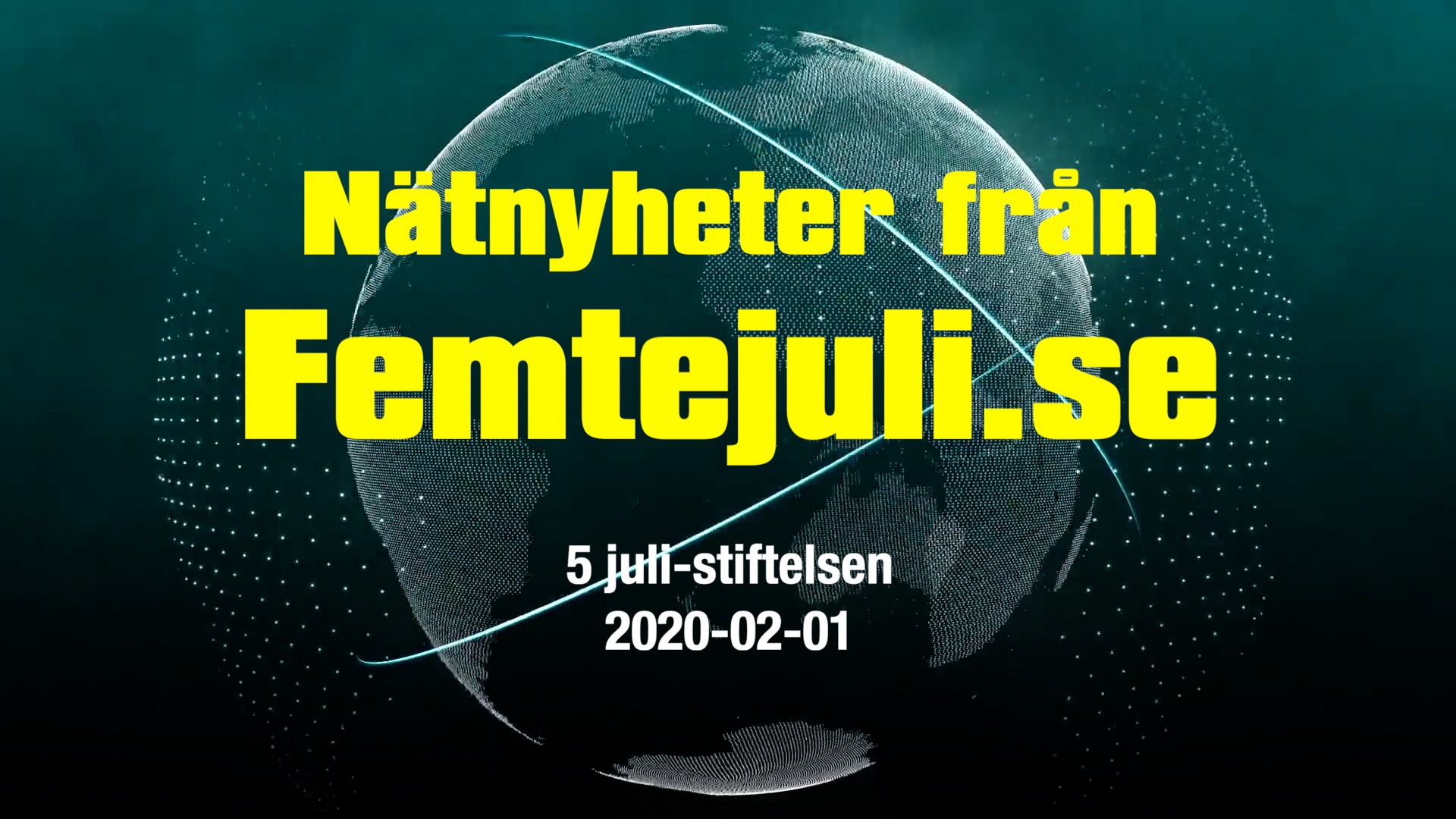Idag har EU-domstolens generaladvokat presenterat sin rekommendation till dom i målet där Polen begärt att artikel 17 (som kommer att leda till uppladdningsfilter) i EU:s nya upphovsrättsdirektiv skall upphävas.
Generaladvokaten föreslår att artikel 17 inte skall upphävas – men rekommenderar att medlemsstaterna visar sunt förnuft vid implementeringen.
Det är värt att notera att detta inte är en dom, utan en rekommendation till dom. EU-domstolen följer oftast – men inte alltid – generaladvokatens rekommendationer.
Det är dock intressant att generaladvokaten inte hyser någon tvekan om att artikel 17 kommer att leda till uppladdningsfilter.
»As I will explain in this Opinion, that provision imposes on those providers obligations to monitor the content posted by the users of their services in order to prevent the uploading of protected works and subject matter which the rightholders do not wish to make accessible on those services. Such preventive monitoring will, as a general rule, take the form of filtering that content using software tools.«
Generaladvokaten förutser även att detta kan komma att bli problematiskt, då det finns motstridiga intressen:
»That filtering raises complex questions, put forward by the applicant, with regard to the freedom of expression and information of users of sharing services, guaranteed in Article 11 of the Charter of Fundamental Rights of the European Union (‘the Charter’). Further to its judgments in Scarlet Extended, (6)SABAM (7) and Glawischnig-Piesczek, (8) the Court will have to determine whether, and as the case may be the circumstances in which, such filtering is compatible with that freedom. It will have to take account of the advantages, but also the risks of such filtering and, in that connection, ensure that a ‘fair balance’ is maintained between, on the one hand, the interest of rightholders in the effective protection of their intellectual property and, on the other, the interest of those users, and the general public, in the free flow of information online.«
Han menar dock att om man följer de förbehåll som finns i artikel 17, då kan den stå kvar som den är.
»In this Opinion, I shall explain that, in my view, the EU legislature may, while observing freedom of expression, impose certain monitoring and filtering obligations on certain online intermediaries, provided, however, that those obligations are circumscribed by sufficient safeguards to minimise the impact of such filtering on that freedom. Since Article 17 of Directive 2019/790 contains, in my view, such safeguards, I shall propose that the Court should rule that that provision is valid and, consequently, that it should dismiss the action brought by the Republic of Poland. (9)«
Frågan är dock om medlemsstaterna verkligen tar hänsyn till dessa »safeguards« när direktivet görs till nationell lagstiftning. Detta speciellt som medlemsstaterna väljer lite olika vägar för sin implementation.
Enkelt uttryckt blir varje enskild medlemsstats implementation av artikel 17 avgörande. Anser man att ett lands lagstiftning strider mot nämnda skyddsåtgärder – då kan man starta en separat rättsprocess, som kan drivas ända upp till EU-domstolen.
Striden kommer alltså att stå land för land.
Jag får dock ett intryck av att generaladvokaten inte känner sig helt tvärsäker. Det är något i texten som antyder att domstolen kan komma till en annan slutsats. Vilket som sagt vore ovanligt, men inte unikt. Men stalltipset är ändå att man går på generaladvokatens linje.



